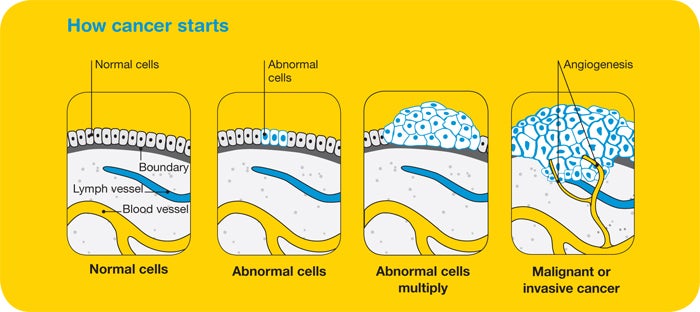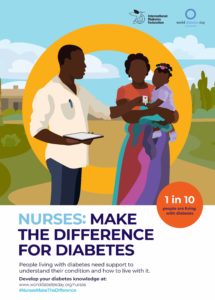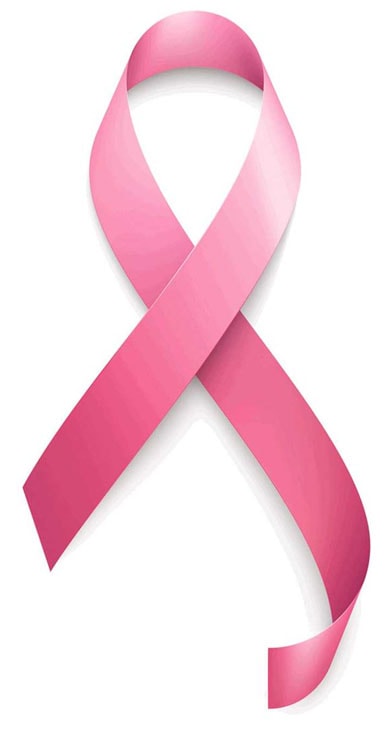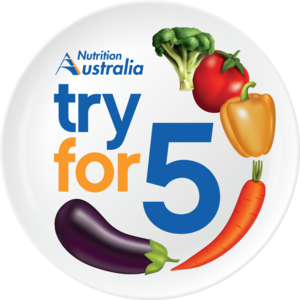Edmonton Family Medical Centre will be open every day during the festive season except for public holidays.
We will be closing early on Christmas Eve and New Years Eve.
We wish everyone a happy and safe festive season.
Edmonton Family Medical Centre will be open every day during the festive season except for public holidays.
We will be closing early on Christmas Eve and New Years Eve.
We wish everyone a happy and safe festive season.
Staff and partners attended the Edmonton Family Medical Centre Christmas Dinner at the Raw Prawn.
A fun night with a great team. Many thanks to Anthony and Kerry for a wonderful night.
Our fathers, partners, brothers and friends are facing a health crisis, yet it’s rarely talked about. Mental health and suicide prevention, prostate cancer and testicular cancer are all part of men’s health which needs to be looked at.
Talking saves lives. Stronger social connections can reduce the risk of suicide. That means more men talking about stuff that really matters. the right conversation can make all the difference to a mate who might be struggling. If we all dig a little deeper, we can help prevent more men from reaching a crisis point.
To speak with someone immediately, contact Lifeline on 13 11 14 or Suicide Call Back Service on 1300 659 467.
If you’re ever worried that someone’s life is in immediate danger, call 000 or go directly to emergency services.
Prostate cancer is the most commonly diagnosed cancer in men in Australia. Globally, more than 1.3 million men are diagnosed with prostate cancer each year.
Know the facts and take action early.
To find our more about Prostate Cancer: http://au.movember.com/mens-health/prostate-cancer
Testicular cancer is the most common cancer in young Australian men.
It is a highly treatable cancer and can be effectively treated, and often cured, if diagnosed and treated early
To find our more about Testicular Cancer: http://au.movember.com/mens-health/testicular-cancer
To find out more go to: http://au.movember.com/about/foundation
To donate: http://au.movember.com/donate

Cancer is a disease of the body’s cells. Normally cells grow and multiply in a controlled way, however, sometimes cells become abnormal and keep growing. Abnormal cells can form a mass called a tumour.
Cancer is the term used to describe collections of these cells, growing and potentially spreading within the body. As cancerous cells can arise from almost any type of tissue cell, cancer actually refers to about 100 different diseases.
As mutant cells (those with mistakes in their genetic blueprint) grow and divide, a mass of abnormal cells, or a tumour, is formed. In some cases, these cells will form a discrete lump, in other cases such as leukaemia, abnormal blood cells are in the body.
Cancer cells can break away from the mass (or tumour) and travel via the bloodstream or lymphatic system to different parts of the body. These cells can settle in other parts of the body to form a secondary cancer or metastasis.
Cancer can cause premature death because these secondary cancers stop parts of the body from working properly.
Cancer is a common disease and a major health problem in Australia today. At current rates, it is expected one in two Australians will be diagnosed with cancer by the age of 85.
An estimated 145,000 new cases of cancer will be diagnosed in Australia this year.
Cancer is a leading cause of death in Australia – almost 55,000 deaths from cancer were estimated for 2019.
Compared to 1982, around 25,000 more people die each year from cancer. This is due mainly to population growth and ageing. However, the death rate (number of deaths per 100,000 people) has fallen by more than 24%.
More than 66% of people diagnosed with cancer in Australia will survive more than five years after diagnosis.

ABN: 91 130 793 725
Tel: (02) 8063 4100
Fax: (02) 8063 4101
Email: info@cancer.org.au


Diabetes is a serious complex condition which can affect the entire body. Diabetes requires daily self care and if complications develop, diabetes can have a significant impact on quality of life and can reduce life expectancy. While there is currently no cure for diabetes, you can live an enjoyable life by learning about the condition and effectively managing it.
There are different types of diabetes; all types are complex and serious. The three main types of diabetes are type 1, type 2 and gestational diabetes.
When someone has diabetes, their body can’t maintain healthy levels of glucose in the blood. Glucose is a form of sugar which is the main source of energy for our bodies. Unhealthy levels of glucose in the blood can lead to long term and short term health complications.
For our bodies to work properly we need to convert glucose (sugar) from food into energy. A hormone called insulin is essential for the conversion of glucose into energy. In people with diabetes, insulin is no longer produced or not produced in sufficient amounts by the body. When people with diabetes eat glucose, which is in foods such as breads, cereals, fruit and starchy vegetables, legumes, milk, yoghurt and sweets, it can’t be converted into energy.
Instead of being turned into energy the glucose stays in the blood resulting in high blood glucose levels. After eating, the glucose is carried around your body in your blood. Your blood glucose level is called glycaemia. Blood glucose levels can be monitored and managed through self care and treatment.
Three things you need to know about diabetes:
For more information on diabetes go to: www.diabetesaustralia.com.au/

A spooktacular couple of days prior to Halloween weekend. Fortunately we didn’t scare any one away.
Left to right: Yve, Ruth, Sharon and Cathy.
Left to right: Cathy. Ruth. Cathy. Sharon

Our normally blue/teal clinic turned pink in October to show support for Breast Cancer Awareness Month.
Our doctors, nurses and reception staff dressed in pink and/or wore pink ribbons for this day. We managed to catch the early birds for a few photos with Dr Kresevic looking the part in his pink shirt.
Dr Anthony Kresevic with nurses and reception staff: Yve, Tania, Sharon, Dr Kresevic, Sylvia, Cathy and Charlotte.
Nurses: Tania, Charlotte and Sylvia. Reception: Sharon, Yve and Cathy.
These socks were so cute giving everyone a good laugh and therefore deserved a photo on there own. Our ribbons.
Breast cancer remains the most common cancer among Australian women (excluding non-melanoma skin cancer). Survival rates continue to improve in Australia with 89 out of every 100 women diagnosed with invasive breast cancer now surviving five or more years beyond diagnosis.
Take the time this month to find out what you need to know about breast awareness and share this important information with your family, friends and colleagues.
Changes to look for include:
Most changes aren’t due to breast cancer but it’s important to see your doctor without delay if you notice any of these changes.

To find out more click here: www.canceraustralia.gov.au/about-us/campaigns-events/breast-cancer-awareness-month
To find out more about getting your breast screen check click here: https://www.breastscreen.qld.gov.au/default.asp


Try for 5 is an annual campaign powered by Nutrition Australia encouraging Australians to increase their vegetable consumption to the recommended five serves per day. The campaign launches each October during National Nutrition Week, where awareness is raised around the role of food on our health.
This year’s Try for 5 campaign presents an exclusive collection of vegetable-focused recipes, veg tips and information to inspire you to get more veg in your day. At this time, we need to look after our health, and the planet’s well-being too. With the Coronavirus pandemic we are making more meals at home than ever. It’s true that right now, we all want to feel connected with our family and our community.
So, what better time to really Try for 5 serves a day, and let the veggies inspire you! Join us to make veggie consumption a national priority. Let’s celebrate and try for 5 serves of fresh, frozen, canned, dried or juiced veggies!
Go to Nutrition Australia Try for 5 website for inspiration and more information:
https://www.tryfor5.org.au/
Carers are people who provide unpaid care and support to family members and friends who have a disability, mental health condition, chronic condition, terminal illness, an alcohol or other drug issue or who are frail aged – anyone at any time can become a carer.
National Carers Week is an opportunity to raise community awareness among all Australians about the diversity of carers and their caring roles.
To find out more go to Carers Australia website: https://www.carersaustralia.com.au/
Lisa and Jess Origliasso, aka The Veronicas, care for their mum, Colleen, and you can find out more via their new video!
If you’re a carer, we want to hear your caring story – the more we share, the louder our voice will be! If you’re not a carer, we still want to hear why you think carers are so important to our communities.
https://carersweek.com.au/your-stories/tell-us-why-you-care/